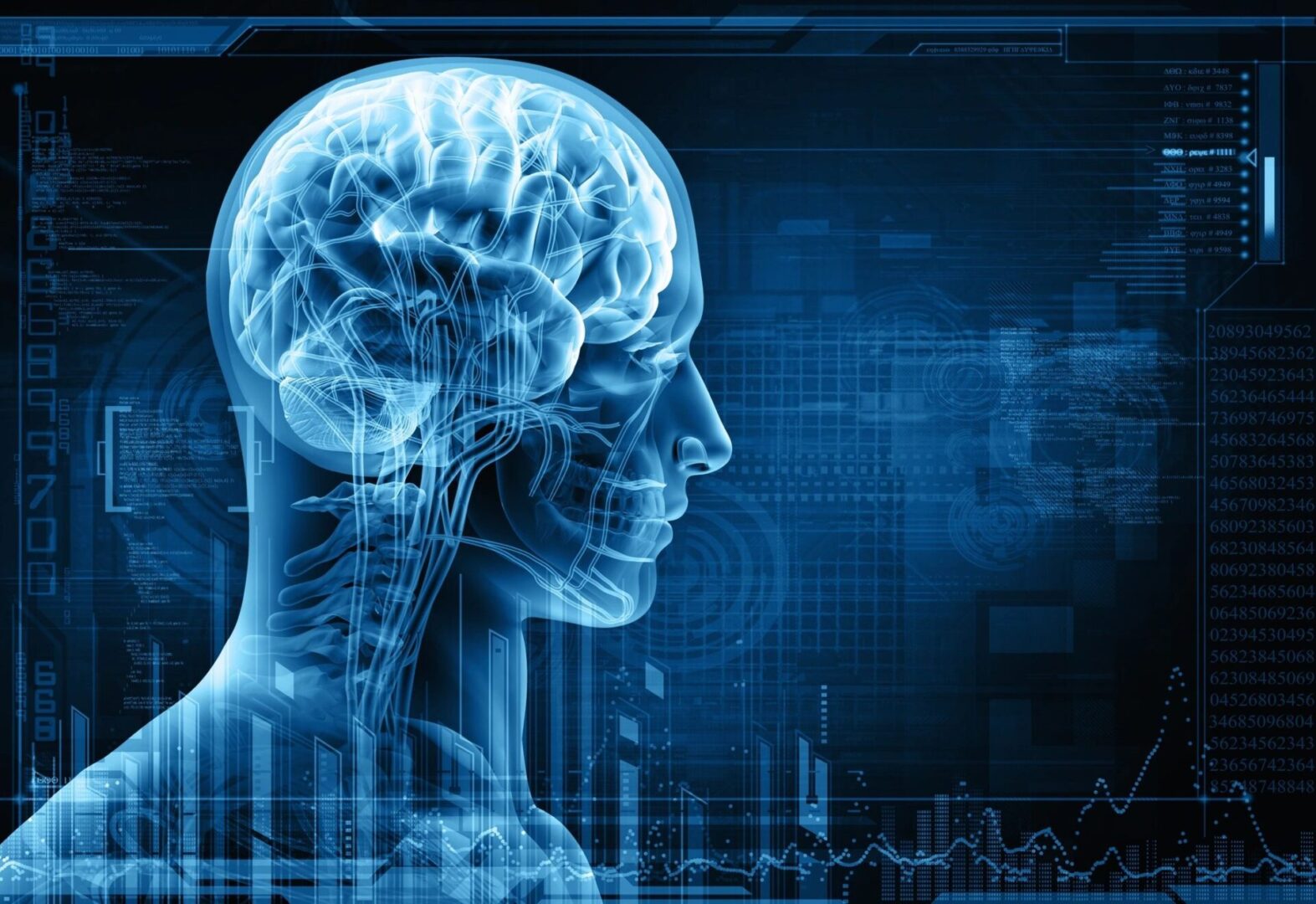
Compassionate Care: How Dementia Affects the Brain – A Simple Explanation for Caregivers
If you’re caring for a loved one with dementia, you may find yourself asking: Why is this happening? Why can’t they remember? Why do they get so confused or upset? These questions often stem from trying to understand what’s going on inside their brain.
You don’t need a medical degree to understand the basics. In this post, we’ll walk through how dementia affects the brain, using simple, caregiver-friendly language. When you understand the changes happening inside your loved one’s brain, it becomes easier to meet them with patience, empathy, and informed care—even on the hard days.
🧠 What Is the Brain’s Role in Everyday Life?
Think of the brain as the control center for everything your loved one does:
- Memory
- Thinking and decision-making
- Language
- Emotions
- Physical movement
- Basic bodily functions
Each part of the brain plays a unique role, much like different departments in a company. When dementia enters the picture, certain “departments” start to break down—slowly at first, then more significantly over time.
🔍 What Happens in the Brain During Dementia?
Dementia isn’t one single disease—it’s an umbrella term for conditions that damage brain cells and interfere with communication between them. The most common form is Alzheimer’s disease, but there are others like vascular dementia, Lewy body dementia, and frontotemporal dementia.
In all types of dementia, there’s one common thread: brain cells (neurons) stop working properly, lose connections with other cells, and eventually die. This leads to progressive damage in the areas responsible for memory, reasoning, language, and movement.
🧱 A Simple Breakdown of Brain Areas Affected by Dementia
Here’s how dementia typically affects the brain—and how these changes show up in your loved one’s behavior:
🧠 1. Hippocampus (Memory Center)
Role: Forms and stores new memories
Effect of dementia: Your loved one may forget recent conversations, misplace items, or repeat questions.
🧩 Example: “Did we already eat lunch?” asked multiple times a day.
🧠 2. Frontal Lobe (Decision-Making & Behavior)
Role: Helps with judgment, problem-solving, and impulse control
Effect of dementia: Your loved one may make poor decisions, act out of character, or struggle with planning.
🧩 Example: They might leave the stove on or become suddenly irritable or socially inappropriate.
🧠 3. Temporal Lobe (Understanding Language)
Role: Helps process words, speech, and names
Effect of dementia: They may forget familiar words, have trouble understanding others, or call objects by the wrong names.
🧩 Example: Referring to a fork as “that food stick” or asking “what’s that thing again?” when pointing to a TV.
🧠 4. Parietal Lobe (Navigation and Coordination)
Role: Helps understand space, directions, and how objects relate to one another
Effect of dementia: They may get lost in familiar places or struggle with tasks like getting dressed.
🧩 Example: Putting a shirt on backwards or forgetting how to get to the kitchen.
🧠 5. Occipital Lobe (Visual Processing)
Role: Helps interpret what the eyes see
Effect of dementia: Some may have trouble recognizing faces or interpreting visual cues, leading to confusion or even fear.
🧩 Example: Not recognizing a reflection in the mirror and thinking there’s a stranger in the house.
🧠 6. Cerebellum & Motor Areas (Movement and Balance)
Role: Controls coordination and balance
Effect of dementia: Your loved one may shuffle their feet, fall more often, or move more slowly.
🧩 Example: Increased clumsiness or needing assistance to stand or walk safely.
🔁 Why the Brain’s Communication System Breaks Down
In a healthy brain, billions of neurons communicate by sending chemical signals across tiny gaps called synapses. In dementia:
- Neurons are damaged and lose their ability to send or receive signals.
- Plaques and tangles (especially in Alzheimer’s) physically block communication between cells.
- Blood flow may be reduced (in vascular dementia), starving the brain of oxygen and nutrients.
- Abnormal proteins (in Lewy body dementia) disrupt normal brain chemistry.
These disruptions lead to memory loss, confusion, personality changes, and reduced ability to manage daily tasks.
🧩 Why Your Loved One Changes from Day to Day
You may notice that some days your loved one is more alert, while other days they seem more confused or withdrawn. This can be caused by:
- Fatigue or poor sleep
- Medication side effects
- Changes in environment or routine
- Illness or pain they can’t describe
- Sundowning (increased confusion in late afternoon/evening)
It’s important to remember: They are not being difficult. Their brain is struggling to work. When we understand that, it becomes easier to respond with compassion.
❤️ How This Knowledge Helps You as a Caregiver
Understanding the way dementia affects the brain can help you:
- Respond with empathy rather than frustration
- Redirect instead of argue when confusion or delusions arise
- Adapt communication styles (use fewer words, more visuals)
- Structure your loved one’s day in ways that support their remaining abilities
- Recognize signs of progression and prepare for what’s ahead
Instead of expecting your loved one to remember, reason, or act as they used to, you shift toward meeting them where they are today. And that shift—though often painful—is one of the most loving things you can do.
💙 Final Thoughts: A Compassionate Lens
Dementia is not just about memory loss—it’s a whole-brain condition that affects how someone thinks, feels, moves, and connects with others. But behind every symptom is a person: still deserving of love, dignity, and understanding.
As a caregiver, your role isn’t to fix their brain. It’s to walk beside them, adapt with grace, and offer steady presence in the midst of uncertainty.
At Compassionate Care, we honor everything you’re doing—the patience you show, the grief you carry, and the love you give, day after day.